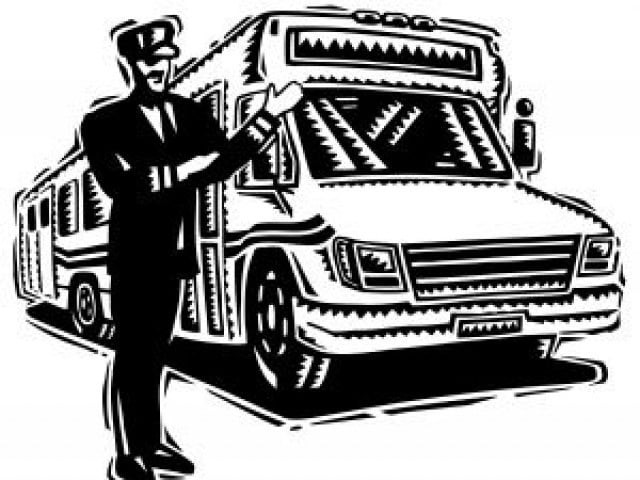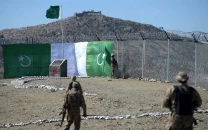Tourism demotion: Short on money, CDA ditches tourist bus service
Six buses would have been run on the Pir Sohawa route in the first phase.

The double-decker tour bus planned for picnic spots in the city has been shelved in favour of nothing.
The Capital Development Authority (CDA) simply has no money to take on such an “expensive” project, the authority told the shortlisted firm, according to official sources.
The CDA Board recently gave approval for the double-decker tour bus service, a brainchild of former CDA chairman Imtiaz Inayat Elahi, but incumbent CDA Chairman Engineer Farkhand Iqbal told the owner of the shortlisted firm that the CDA is not financially strong enough to back the project.
At present, most people rely on their own cars as there is no other reliable and family-friendly way to go up the Margalla Hills. Taxis are an alternative, which charge Rs300 for a one-way half-hour drive to Pir Sohawa. The last option is renting a car, but even this is an expensive arrangement, as the rental charges are at least Rs2,000 for the vehicle for the day, even if they need it for just a few hours.
Setting aside the prime minister’s instructions and ignoring the directions of a parliamentary panel, the CDA had already shelved its much-hyped Rapid Mass Transit System and opted instead for a CNG bus service, which is still in the planning phase.
The tourist bus has not been cancelled though. CDA Spokesperson Ramzan Sajid said that the CDA is “committed” to launching the service, and even though it has been delayed due to funds’ shortage, it remains a priority. “We are still seeking investors,” he said. According to Ali Autos, the shortlisted firm, the service would initially have had four to six buses.
The buses would have had wide windows so that passengers could also enjoy the view along the way, owner of the firm said. The service would eventually have expanded to other popular picnic destinations such as Lake View Park, Shakarparian and Daman-e-Koh, he added.
According to a study conducted by National Transport Research Centre of Ministry of Communication, “Islamabad is a planned city with an extensive road network laid out in a grid structure. Although there are several design shortcomings, the overall capacity of the system is not the basic problem.”
The roads, therefore, are not the problem. It is how they are used that is resulting in the transportation issues being faced by Islamabadis. A communications ministry official said that a mass transport system for twin cities was first proposed in 1995 by the ministry’s research arm, which predicted that traffic would become a “severe problem” by 2010.
“[However,] the relevant departments did not take appropriate action,” he said, adding that the present public transport system is in a horrible shape, as illustrated by the fact that no white collar workers are willing to use it, and that the industry is dominated by the private sector.
A CDA planning wing official said that private transporters’ influence is “one of the main reasons a real public transport service was not initiated”.
Published in The Express Tribune, January 25th, 2012.



















COMMENTS
Comments are moderated and generally will be posted if they are on-topic and not abusive.
For more information, please see our Comments FAQ